Why sudden job losses put people at risk of bankruptcy
Roths Child Law
MARCH 15, 2023
They may have too much debt to manage Working up a new budget is an important move after losing one's primary stream of income. When they can't find a job that offers comparable pay, they may find themselves unable to pay their bills at all in facing foreclosure, repossession or lawsuits from creditors.

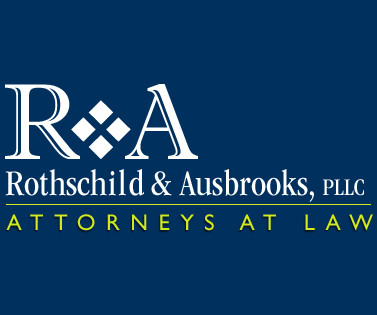




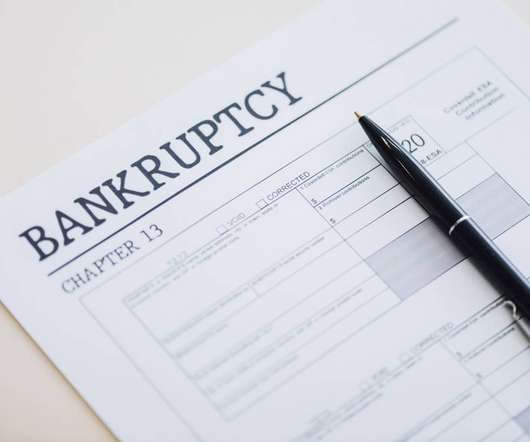







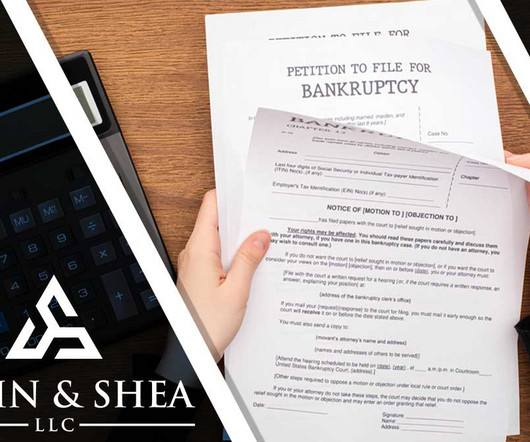







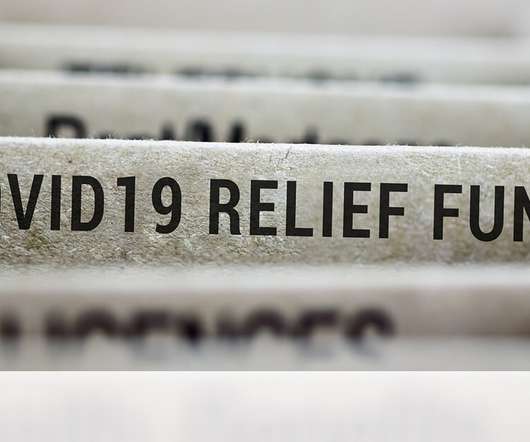


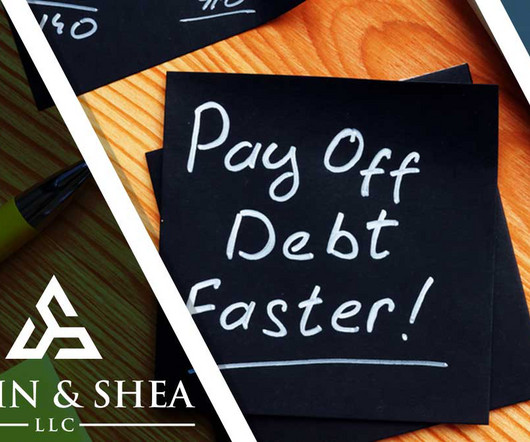










Let's personalize your content